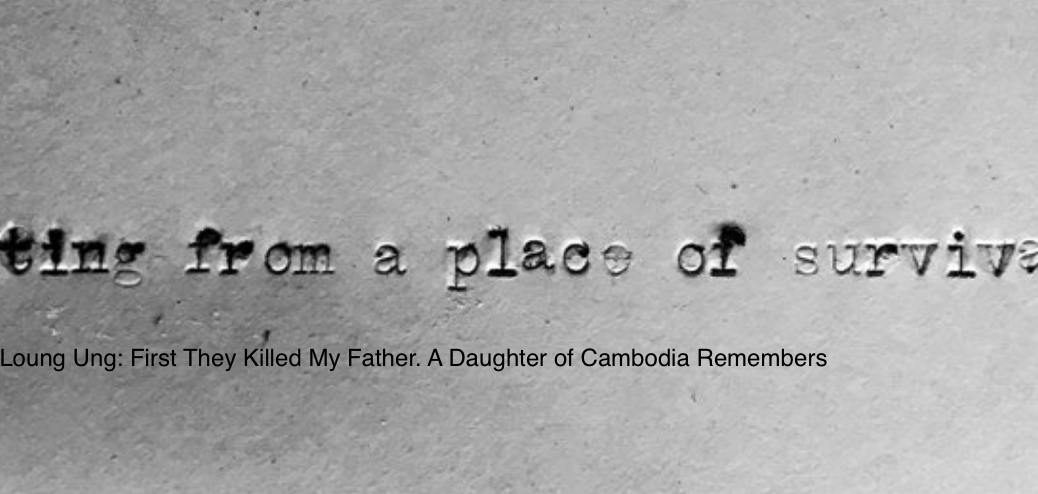By Jennifer Cazenave
On April 17, 1975, the Khmer Rouge entered the Cambodian capital of Phnom Penh, marking the beginning of a four-year brutal regime led by Pol Pot. In an attempt to transform the country into an agrarian utopia, the Khmer Rouge displaced millions of Cambodians to forced labor camps in the countryside. By January 6, 1979, an estimated 1.7 million people had perished from famine, forced labor, torture, disease, and execution; they were buried in mass graves known as killing fields.
The decade-long civil war following the end of the Khmer Rouge regime delayed recognition of the genocide, both locally and globally. The memory of the genocide began to emerge in the 1990s and 2000s, notably through the testimonies of survivors included in documentary films or published as memoirs. Transnational war crimes tribunals were also established in Cambodia in 2003, marking the beginning of a lengthy judicial process to investigate the atrocities and prosecute Khmer Rouge leaders.
Loung Ung was born in Phnom Penh in 1970. Along with her family, she was forced to evacuate the capital in April 1975. She survived the genocide as a child, before escaping Cambodia in 1979 and coming to the United States a year later. In 2000, she told her story of survival in a memoir published in English, which she titled First They Killed My Father. Her book was adapted into an eponymous film directed by Angelina Jolie in 2017.
On Monday, November 18, 2019, forty years after the end of the Khmer Rouge regime, we will welcome Loung Ung to BU. Her talk will conclude our fall series “Writing from a Place of Survival” and allow us to commemorate the genocide in Boston—a city situated an hour away from Lowell, which is home to the second largest Cambodian community in the United States.
Tsai Performance Center, 7:30-9pm.
The event is free and open to the public but pre-registration is strongly recommended. To register, follow this link. (Alumni status NOT required.)
Jennifer Cazenave is Assistant Professor of French. Her first book, An Archive of the Catastrophe: The Unused Footage of Claude Lanzmann’s “Shoah” (SUNY Press, 2019), undertakes a comprehensive examination of the 220 hours of filmic material Claude Lanzmann excluded from his 1985 Holocaust opus. Professor Cazenave is currently at work on a second book project that examines the centrality of the earth as a medium for the writing of the Cambodian genocide in the cinema of Rithy Panh. Her article titled “Earth as Archive: Reframing Memory and Mourning in The Missing Picture,” which examines Panh’s autobiographical representation of the catastrophe, recently appeared in Cinema Journal.

